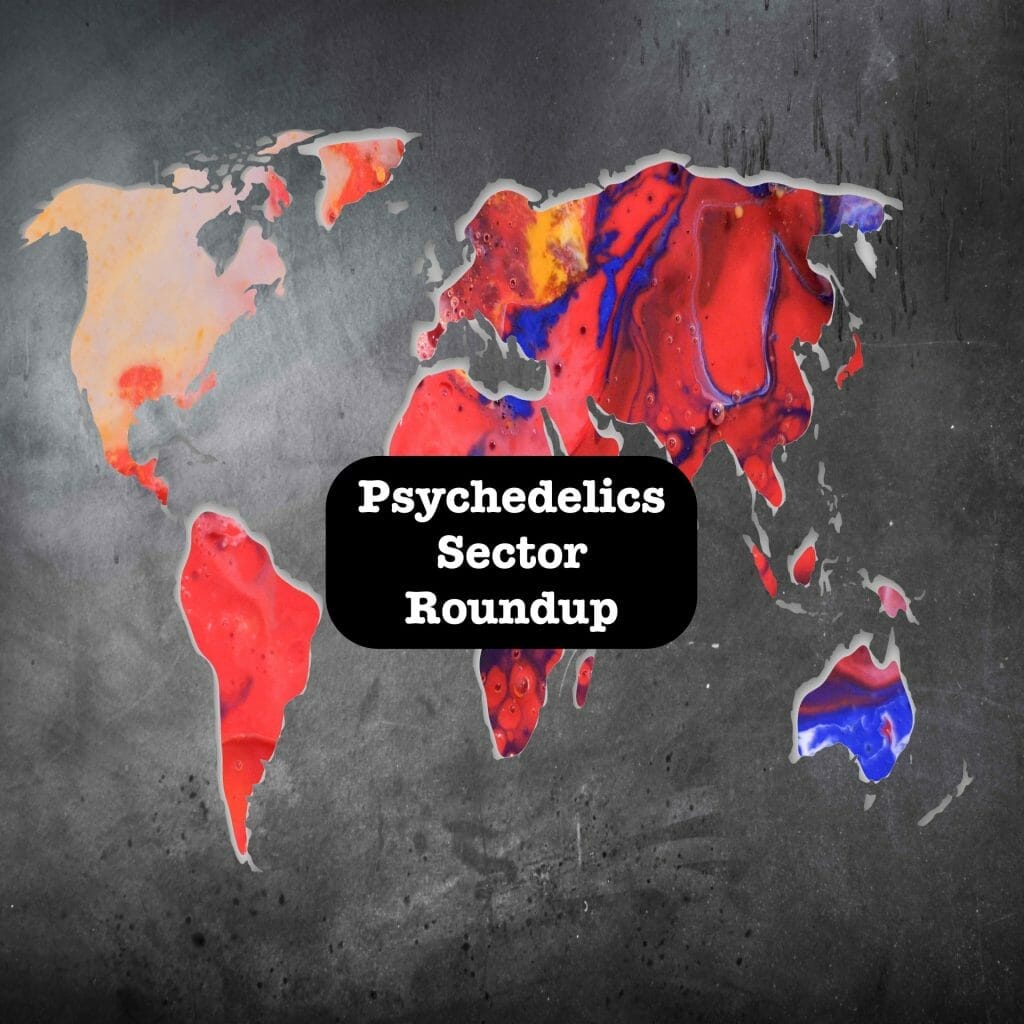
Detroit, Michigan city officials announced on Monday that they had decriminalized psychedelics, becoming the latest municipality to pull back on law enforcement when it comes to plant-based mind-manifesting substances. Officers within the city would consider the possession and therapeutic use of entheogenic plants by adults, the lowest priority in enforcement. So, in the Motor City, you’re more likely to get busted for a faulty taillight than carrying shrooms for medicinal use.
Motown joins Seattle, Washington; Arcata, Oakland and Santa Cruz, California; Denver, Colorado; Washington, DC; Somerville, Cambridge and Northampton, Massachusetts; Oregon State and Ann Arbor, Michigan in the psychedelic-assisted therapy revolution, but MDMA, ayahuasca, psilocybin and ibogaine are a long way off from being a legal treatment alternative nationwide.
However, with active legislation in Michigan, Pennsylvania, New York, Vermont, Massachusetts, Maine, Iowa, Missouri, Florida, and Hawaii as well as reduced penalty statutes in Washington State, Colorado and New Jersey and limited judicial exemptions in New Mexico and New Hampshire combined with working group medical studies in Texas and Connecticut, legalization seems inevitable, it’s just a matter of time.
What’s the picture in Canada?
 Above the 49th parallel, psychedelics are regulated under the Controlled Drug and Substances Act (CDSA). MDMA and ketamine are considered Schedule 1 with the most severe penalties for possession, use and sale while the old standbys like shrooms, ibogaine and LSD are classified as Schedule III. However, there is a humanitarian loophole in the legislation called Section 56 which gives the Minister of Health discretionary power to grant exemptions for medical, scientific, and compassionate use.
Above the 49th parallel, psychedelics are regulated under the Controlled Drug and Substances Act (CDSA). MDMA and ketamine are considered Schedule 1 with the most severe penalties for possession, use and sale while the old standbys like shrooms, ibogaine and LSD are classified as Schedule III. However, there is a humanitarian loophole in the legislation called Section 56 which gives the Minister of Health discretionary power to grant exemptions for medical, scientific, and compassionate use.
The section, which was scheduled to expire at the end of September this year, has been extended to September 20, 2026. However, there are some restrictions. First, application must be made to government authorities and said application must be approved before the exemption is granted. Also, all consumption is to take place at a supervised consumption site.
Just like the early MMPR cannabis licenses, section 56 applications are many, but only a fraction have been approved. According to a September article for the Canadian Bar Association, out of the 149 applications submitted at the time, 47 exemptions were granted to patients suffering from end-of-life psychological distress, 19 to healthcare practitioners for training purposes and a handful more to institutions and companies for research.
A challenge launched in August by BC non-profit, TheraPsil, an advocate for therapeutic use of psilocybin seeks to create national regulations like the legislation introduced to control legal use of medical marijuana. This 156-page proposal will allow patients with exemptions to obtain their psilocybin medicines from official outlets rather than having to scrounge their medication from the street.
 Internationally, the psychedelic revolution is on the move. Brazil allows the possession, sale, production, and transport of natural psychedelics like psilocybin and ayahuasca. Portugal decriminalized all drugs in 2001, thus making it a psychedelic retreat destination. The Netherlands allows the use, production, sale and transport of soft drugs such as ayahuasca, salvia, peyote and some psilocybin mushrooms. While DMT, MDMA and LSD are classified as hard drugs and considered illegal, the government has focused on education rather than aggressive prosecution. Thailand, even though that up until 2017, possession, use and transportation of illegal drugs brought the death penalty, the country’s citizens regularly grow psychedelics and use psilocybin-based products. U.K. Prime Minister, Boris Johnson, announced at the end of October that his government would consider calls for legalizing psilocybin.
Internationally, the psychedelic revolution is on the move. Brazil allows the possession, sale, production, and transport of natural psychedelics like psilocybin and ayahuasca. Portugal decriminalized all drugs in 2001, thus making it a psychedelic retreat destination. The Netherlands allows the use, production, sale and transport of soft drugs such as ayahuasca, salvia, peyote and some psilocybin mushrooms. While DMT, MDMA and LSD are classified as hard drugs and considered illegal, the government has focused on education rather than aggressive prosecution. Thailand, even though that up until 2017, possession, use and transportation of illegal drugs brought the death penalty, the country’s citizens regularly grow psychedelics and use psilocybin-based products. U.K. Prime Minister, Boris Johnson, announced at the end of October that his government would consider calls for legalizing psilocybin.
While the global landscape of legalized psychedelics is spotty and tightly regulated, there remains a tremendous potential for smart companies operating in the space. Here’s a list of some small to mid cap companies of note:
Mind Cure Health (MCUR.C)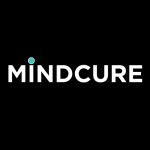 provided an update at the beginning of November regarding its research activities noting that the company had applied for patents on two routes to full chemical synthesis of ibogaine and had commenced the production of Good Laboratory Practice (“GLP”) ibogaine for the scaling to manufacture a global supply of synthetic Good Manufacturing Practice (“GMP”) ibogaine. Mind Cure announced it is on track to have its GLP supply available to researchers in Q2 2022.
provided an update at the beginning of November regarding its research activities noting that the company had applied for patents on two routes to full chemical synthesis of ibogaine and had commenced the production of Good Laboratory Practice (“GLP”) ibogaine for the scaling to manufacture a global supply of synthetic Good Manufacturing Practice (“GMP”) ibogaine. Mind Cure announced it is on track to have its GLP supply available to researchers in Q2 2022.
The psychedelics firm announced it had completed its draft research for the use in MDMA in the treatment of female hypoactive sexual desire disorder, also known as the Desire Project. Mind Cure expects a pre-IND meeting with the FDA in Q1 2022 for a Phase II trial to commence Q3 2022.
Mind Cure’s digital platform iSTYRM was released in its minimum viable product form to partner clinics across North America in August and the company was happy to announce that it had exceeded its timeline of 10 clinics by the end of 2021. With 20 ketamine clinic partnerships in nine states in the U.S. and three Canadian provinces, Mind Cure intends to expand to the broader mental health market in 2022 as well as commencing full commercial deployment to all partner clinics.
Mind Cure is 7.94% down for the week trading at $0.29 CAD per share for a market cap of $28.04 million.
Cybin (CYBN.NEO)![]() is expected to release Q2 2021 financial results on November 15, 2021, with a conference call at 4:30 pm PST that day. If you feel like attending, here are the details:
is expected to release Q2 2021 financial results on November 15, 2021, with a conference call at 4:30 pm PST that day. If you feel like attending, here are the details:
- DIAL-IN: 1-844-200-6205 (U.S. toll free) or 1-833-950-0062 (Canada toll free)
- CODE: 727873
- WEBCAST: https://events.q4inc.com/attendee/747515026
The company also announced that its CEO, Doug Drysdale, would be presenting at the Jefferies London Healthcare Conference on November 18-19, 2021. The presentation will be available on demand beginning on November 18th at 12pm EST. You can access the webcast here.
Cybin currently trades at $2.38 per share for a market cap of $382.84 million.
Filament Health (FH.NEO)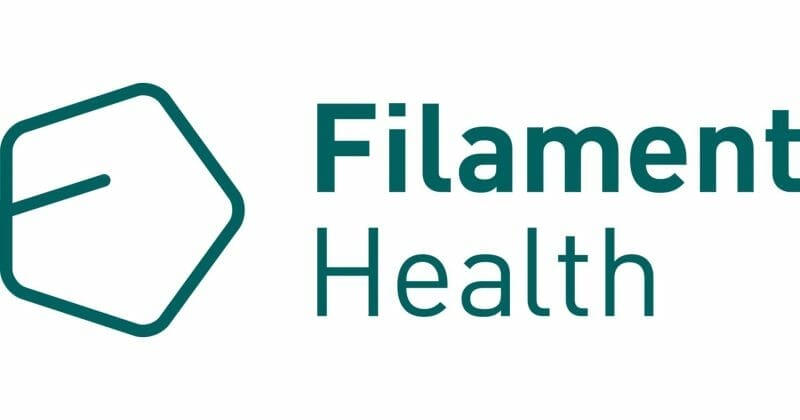 announced at the beginning of the month that it secured FDA authorization for a clinical involving the first-ever direct psilocybin administration and first ever psychedelic botanical drug candidates.
announced at the beginning of the month that it secured FDA authorization for a clinical involving the first-ever direct psilocybin administration and first ever psychedelic botanical drug candidates.
The phase I trial is going to be led by the Translational Psychedelic Research Program at the University of California, San Francisco. It will include 20 healthy subjects and examine the effects of Filament’s three proprietary botanical drug candidates: PEX010, PEX020 and PEX030.
The company’s dealer’s license granted by Health Canada through its subsidiary, Psilo Scientific, gives it an appropriate edge within the sector amongst its comparables.
Filament Health currently trades at $0.33 per share for a market cap of $54.37 million.
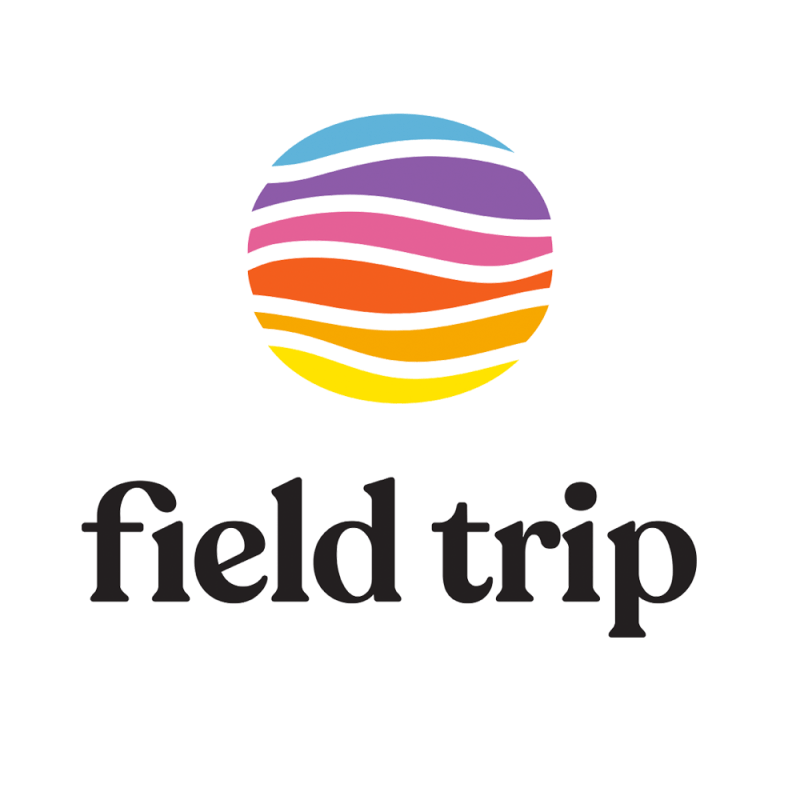 Field Trip Health (FTRP.T) is scheduled to release its Q2 2022 financial results after market close on November 15, 2021, followed by a webcast on November 16, 2021, at 8:30 am EST.
Field Trip Health (FTRP.T) is scheduled to release its Q2 2022 financial results after market close on November 15, 2021, followed by a webcast on November 16, 2021, at 8:30 am EST.
If you want to be in on the conference call, here are the details:
- Dial 1-877-407-9716 (within the U.S.) or 1-201-493-6779 (outside the U.S.)
- Conference ID#: 13724604
- Live webcast of the call can be accessed here.
If you can’t make it, a replay will be available on November 30, 2021:
- Dial 1-844-512-2921 (within the U.S.) or 1-412-317-6671 (outside the U.S.)
- Conference ID#: 13724604
The company’s co-founder and chairman, Ronan Levy, and chief scientific officer, Dr. Nathan Bryson, will be presenting at the upcoming Stifel 2021 Virtual Healthcare Conference at 8:00 am EST on Wednesday, November 17, 2021. The webcast can be accessed here.
On Thursday, management will also present at the Jefferies London Healthcare Conference on November 18-19. The webcast will be available on demand from Thursday at 3:00am EST to Friday at 12:00pm EST.
Field Trip is down 4.70% for the week and currently trades at $6.29 per share for a market cap of $363.74 million.
 Revive Therapeutics (RVV.C) saw a 6.00% drop this week on the boards. The company announced at the top of the month that it had entered into a research collaboration with PharmaTher for the development of a psilocybin microneedle patch.
Revive Therapeutics (RVV.C) saw a 6.00% drop this week on the boards. The company announced at the top of the month that it had entered into a research collaboration with PharmaTher for the development of a psilocybin microneedle patch.
PharmaTher is conducting IND-enabling research studies with MicroDose-MN™, a patent-pending biocompatible and biodegradable gelatin microneedle patch for the delivery of psilocybin to support an IND application with the FDA for clinical studies in 2022.
Revive is, amongst its other development and commercial programs, developing a specialty psilocybin-based product for use with the MicroDose-MN™ patch. Research results will be made available sometime this month by PharmaTher.
Revive Therapeutics currently trades at $0.47 per share for a market cap of $149.58 million.
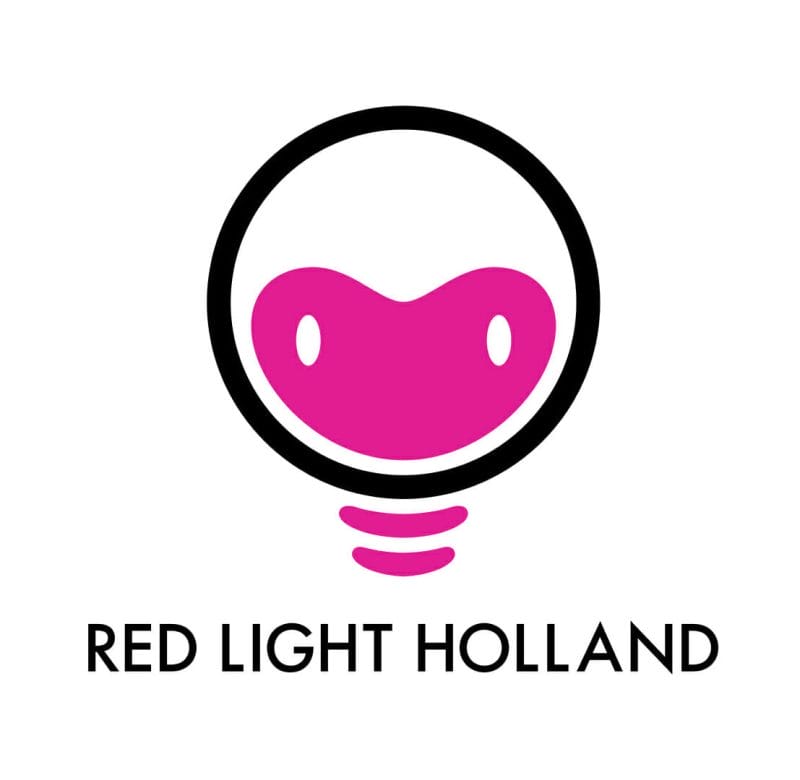 Red Light Holland (TRIP.C) slipped 7.50% in SP this week. The company brought in a new CFO at the beginning of the month. David Ascott replaced Kyle Appleby. Ascott, who previously acted as the CFO for Rocky Mountain Dealerships, a $1B revenue earning agricultural equipment company, is expected to help grow Red Light into the behemoth that Red Light Advisory Chair, Bruce Linton, is hoping for.
Red Light Holland (TRIP.C) slipped 7.50% in SP this week. The company brought in a new CFO at the beginning of the month. David Ascott replaced Kyle Appleby. Ascott, who previously acted as the CFO for Rocky Mountain Dealerships, a $1B revenue earning agricultural equipment company, is expected to help grow Red Light into the behemoth that Red Light Advisory Chair, Bruce Linton, is hoping for.
![]() FSD Pharma (HUGE.C) continues its journey back to legitimacy. I still think it needs to change its ticker to drop the stink of pump and dump. Here’s hoping.
FSD Pharma (HUGE.C) continues its journey back to legitimacy. I still think it needs to change its ticker to drop the stink of pump and dump. Here’s hoping.
The company currently trades at $1.92 per share for a market cap of $69.1 million.
![]() Psyched Wellness (PSYC.C), a Canadian health supplements company producing and distributing artisanal and medicinal mushrooms, jumped 8.57% on the boards this week.
Psyched Wellness (PSYC.C), a Canadian health supplements company producing and distributing artisanal and medicinal mushrooms, jumped 8.57% on the boards this week.
The company announced at the top of the month that it had successfully added the Amanita Muscaria mushroom to Canada’s Natural Health Product Ingredients Database (NHPID).
Psyched’s extensive research into the Amanita and its unique extract, AME-1, was submitted to Health Canada who approved the request and classified the Amanita as a Natural Health Product under Schedule 1, Item 1 (a fungus) of the Natural Health Products Regulations.
Psyched currently trades at $0.19 per share for a market cap of $23.51 million.
There remains a lot of risk in the psychedelics space just like any industry dependent on the whims of government and cultural approvals. The landscape will shift dramatically, and many players will fall from the table before realizing their potential. However, it seems like retail investors have learned their lessons from the legal cannabis rush and are not as willing to throw money at grandiose promises.
Even though this sentiment isn’t feeding billion-dollar stock market babies, the psychedelics sector and the people who invest in it are in a considerably better place for long term growth and sustainable value. In the end, there is money to be made in psychedelics if you play your cards conservatively and don’t hitch your wagon to an over-valued dream.
Let me know if I’ve missed anyone and I will include them in the next round. Do your due diligence, pick your winners, and make this a better world. Good luck to all!
–Gaalen Engen

